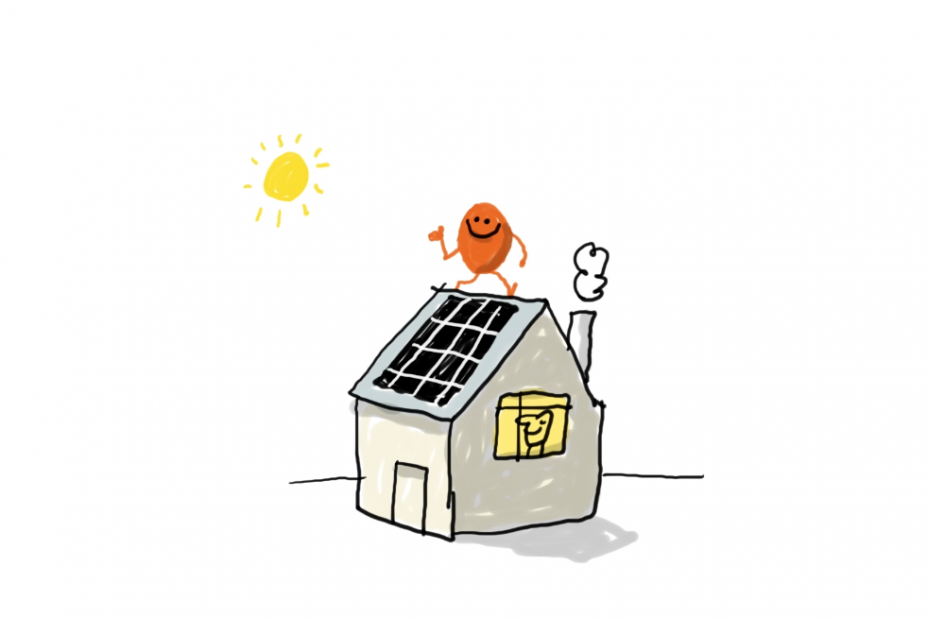Energy is what allows the production of heat, light or movement.
Our society consumes a lot of it: for transport, industry, heating, lighting, electrical appliances…
Today, we mainly use fossil fuels, such as oil and coal, and what we call nuclear energy, produced by radioactive atoms.
Now people are talking about solar energy, because many think it’s the energy of tomorrow.
But what are the advantages?
First, it’s easily accessible: solar panels can turn the sun’s rays into electricity. (laugh) Handy!
What’s more, while fossil fuels are running out, solar energy is always renewable and it pollutes less.
And unlike nuclear energy, there’s no chance of it exploding.
Nevertheless, it can’t meet all our energy needs yet; it would take far too many solar panels!
Scientists are looking for ways of making these panels more efficient…
… and manufacturing and recycling them with no pollution.
They are also researching how to store solar energy, to use it when we want, even in winter; at night.
And for a future without pollution, they are also looking into other forms of clean energy, such as wind and the tides. Good idea, no?





 Retour
Retour